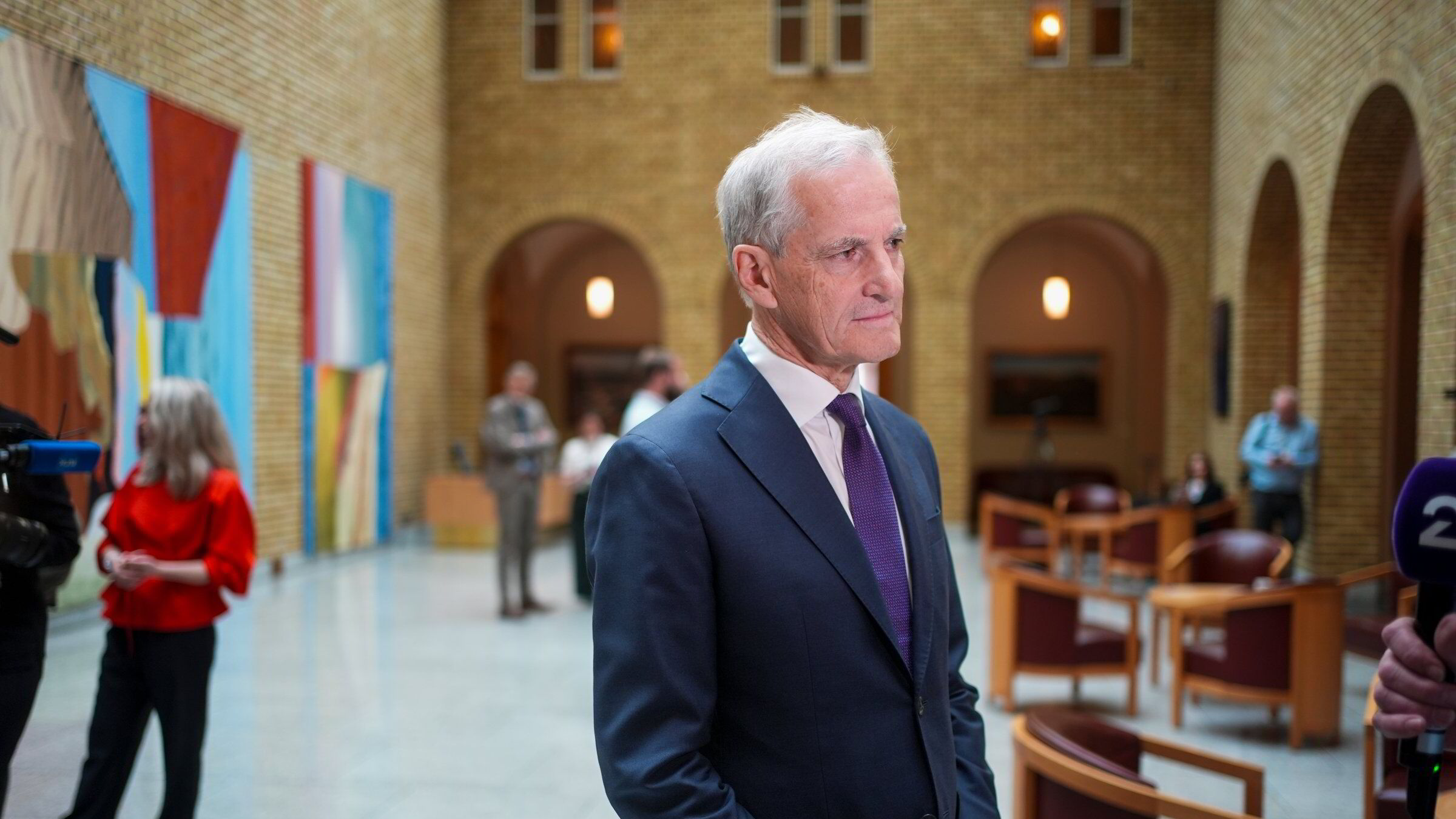Gayanne Potter is one of Britain's most recognisable voices - behind adverts for the likes of Estee Lauder, Apple, LBC radio, and B&Q.
Now, an artificial intelligence (AI) version of her voice is being used on Scotland's nationalised train network, ScotRail.
But the professional voiceover artist says she had no idea she had been transformed into a robot until a friend called her last week.
"I was devastated, I was furious, I feel completely violated," she told Sky News.
"My voice is my job, and I should be allowed to know who I am working with and what I am working on."

Ms Potter, who lives on the outskirts of Edinburgh, believes the incident can be traced back to a job she completed during the COVID pandemic with Swedish company ReadSpeaker, where she recorded scripts for the visually impaired.
Ms Potter alleges she was unaware the contract allowed her voice to be sold as part of AI years later.
Sky News has seen correspondence where the company appeared to reassure Ms Potter's agents they "would never sell them (the recordings) to anybody else".
Responding to concerns, ReadSpeaker insisted there was a "very clear contract" that allows it to "use... synthesised voices for businesses and organisations".
ScotRail unveiled its new AI announcer, nicknamed "Iona", on board the railway network in Scotland this month.
The new technology has drawn criticism for mispronouncing place names, with officials asking the public to "give it time".

Sky News joined Ms Potter on board a train as she discussed the situation.
She said: "I literally didn't know. ScotRail never approached me, ReadSpeaker never approached me.
"ScotRail have said it is not a real person. It is a real person, and I am right here.
"This is a real threat. I have worked really hard for the past 20 years and built trust with clients I work with. And now to have my voice in this dreadful robot is demeaning to me."
She added: "I do not consent to my voice data being used. To find out that my personal human data is being used on the trains is appalling.
"I feel like my data is being burgled. I have no control over it."
Read more:
Cloned voices 'could become as common as stunt doubles'
Stars release silent album in protest at AI copyright plans
Union Equity, which represents workers in the creative industries, is helping Ms Potter fight her case.
Liam Budd, industrial official for recorded media at Equity, said: "It is extremely exploitative for companies to use and commercialise voice recordings to create digital replicas of artists from contracts which pre-date the development of generative AI or were not drafted explicitly for this purpose.
"Gayanne is directly competing in a marketplace with a low-quality clone of her own voice that she claims was developed without her informed and explicit consent.
"Not only is this distressing for her, but it would represent an infringement of our members' data protection and other rights."
Roy Lindemann, chief marketing officer at ReadSpeaker, dismissed questions from Sky News about Ms Potter's wishes to withdraw her voice from being sold.
He said the firm was aware of Ms Potter's concerns, adding: "ReadSpeaker and Ms Potter have a contract regarding the use of her voice.
"ReadSpeaker has comprehensively addressed Ms Potter's concerns with her legal representative several times in the past."
ScotRail, which is owned by the Scottish government, said it had "no plans" to remove its "Iona" AI announcer voice system and rejected questions about Ms Potter's concerns.
Phil Campbell, ScotRail customer operations director, said: "We are always looking at ways to improve the customer journey experience, and we know how important both on-train and at-station announcements are.
"The use of an automated voice allows us to have more control over the announcements being made, ensures consistency for customers, and gives us flexibility to make changes at short notice."
A Transport Scotland spokesperson said: "While sub-contracts are a matter for ScotRail, the Scottish government expects it, as a publicly controlled organisation, to ensure all agreements entered into are within the parameters of Public Sector Procurement guidance and meet Fair Work principles.
"This includes the use of AI technology."

 4 months ago
59
4 months ago
59





















 English (US) ·
English (US) ·